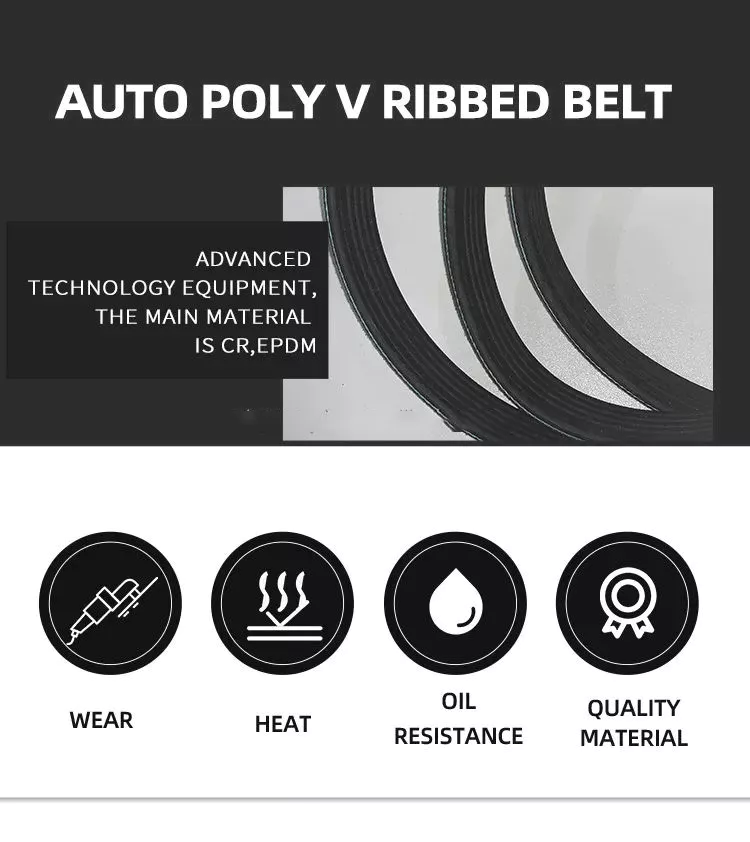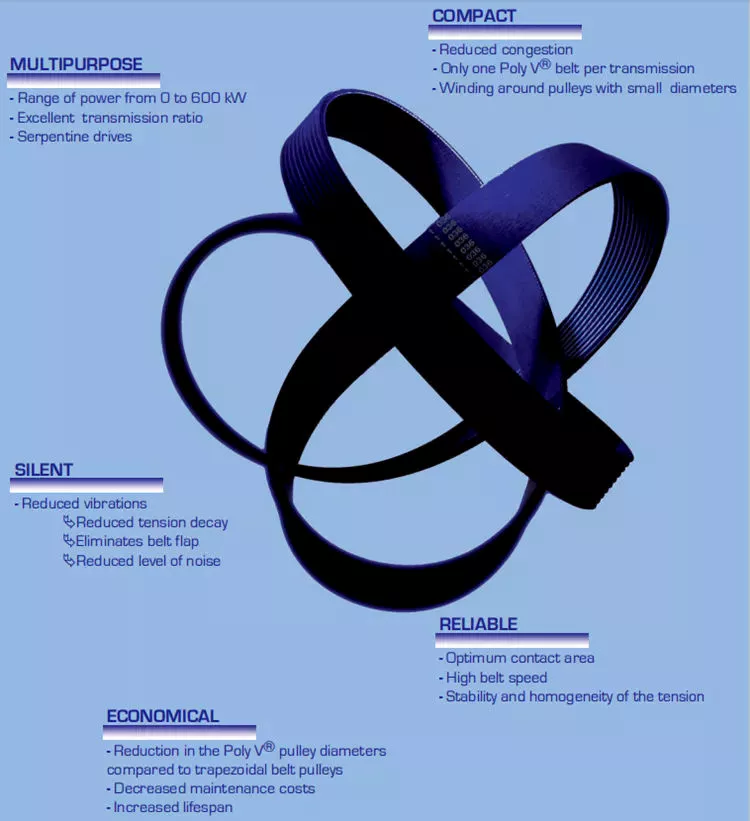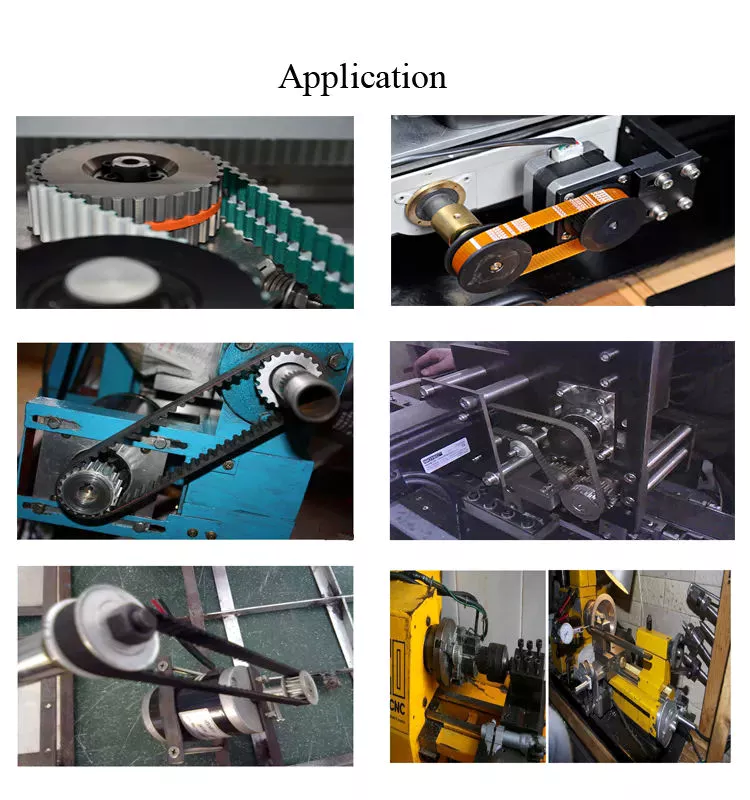Product Description
ISF2.8 Engine Idler Pulley 525 6 5254599
| Part Number | 5254598 53 0571 6 5254599 |
| Part Name | Idler pulley |
| Brand | Genuine / OEM |
| Engine Type | ISF2.8 |
| Warranty | 6 Months |
| No | Product | Model No | Type Matching |
| 1 | Belt Tensioner | C3974599 | |
| 2 | Belt Tensioner | A3960918 | 4BT |
| 3 | Belt Tensioner | 5260336 | |
| 4 | Belt Tensioner | A396571 | 6CT |
| 5 | Belt Tensioner | C5260334 | 6CT |
| 6 | Belt Tensioner | C3977352 | 6CT |
| 7 | Belt Tensioner | 5263659 | Xihu (West Lake) Dis.feng Tianlong |
| 8 | Belt Tensioner | 5263690 | EQ153 |
| 9 | Belt Tensioner | C4934652 | Renault |
| 10 | Belt Tensioner | C4938265 | Renault |
| 11 | Belt Tensioner | C5265711 | |
| 12 | Belt Tensioner | C3969377 | Renault |
| 13 | Belt Tensioner | C5260268 | Yuchai |
| 14 | Belt Tensioner | C3966817 | Yuchai |
4098444 4098468 4098468 4098644 4098770 4098814 4098940 4098940 4098953 4098955 4098998 4098998 457104 457104 457116 457119D 457119D 457150 457166 457172 457173 457177 457158 457160 457162 457164 457166 457168 457190 457128 410571 41571 41 4 41 41 410676 410767 410571 41 410 0571 41 410 410571 41 41571 4157123 4157130 4157133 4157134 4157136 4157139 4157142 4157177 4157181 4157187 4157193 4157194 4101118 4101119 4101140 4101148 4101149 4101150 4101287 4101292 4101293 4101321 4101322 4101372 4101378 4101379 4101401 4101414 4101422 4101432 4101449 4101454 4101476 4101504 4101850 4101867 4101868 4101869 4101881 4101882 4101884 415713 4103672 415718 41 0571 9 4295249 4295554 4295573 4295574 4295575 4295612 4295613 4298242 4298515D 4298515 4298595 4298626 4298639 4298640 4298641 4298642 4299030 4299051 4299053 4299124 4299125 435718 430 6 430 5 43 0571 5 435713 435715 435716 435717 435718 435719 4312 489 4890189 4890190 4890193 489 4890926 4890929 4890964 4891571 4891571 4891116 4891178 4891179 4891209 4891226 4891288 48913 4891647 4892061 4892080 4892239 4892318 4892320 4892337 4892338 4892351 4892355 4892356 4892538 4892558 4892712 4892714 4892715 4892795 4892796 4892867 4892941 4892942 4893386 4893389 4893464 4893487 4893494 4893693 4893741 4893840 4893924 4893936 4893962 4894095 4894139 4894306 4894308 4894393 4894467 4894484 4894641 4894721 4894724 4894725 4895161 4895227 4895459 4895461 4895672 4895710 4895742 4895877 4895910 4895919 4895921 4895933 4896052 4896113 4896144 4896254 4896329 4896350 1 0571 0 3034836 3046202 3 0571 1 3046202 3080401 308 0571 3157171 3157184 3 3406888 3820629 3883394 3892625 3896724 3892697 3893812 3892666 3892794 3892083 3892085 3803489 3892795 3892081 3892086 3803487 3892796 3892082 3892084 3883217 3882893 4 0571 1 3892697 3893964 4070462 4082974
3804304 3328760 3892794 3896837 4985107 4973540 3571354 3893913 3883150 3818060
3820186 3201659 3820945 3820946
HangZhou CZPT Industry & Trade Co., Ltd.
Add:Haili Industry Park ,HangZhou Economic Development Zone ,ZheJiang ,China
Post Code:442013
engine
What Is a V-Belt?
What is a v-belt? It is a rubber belt that is trapezium-shaped and has an elastomer core that holds the parts together. Its elastomer core is generally made of polyurethane and has good shock resistance and flexural strength. V-belts sometimes have 2 sections, 1 of which is a compression rubber and the other cushion rubber. They can be narrow or wide, depending on their use.
Classical V-belts replace leather belts
Classical V-belts are a popular choice among truck drivers because they are more durable. They are typically made of polymer or rubber, with fibers from other materials added for reinforcement. These belts are a good replacement for leather belts and offer many benefits. They are durable, offer excellent temperature and oil resistance, and are easy to use. If you’re considering replacing your current belt, consider buying a replacement belt made of the same material.
Most classical V-belts are used individually and come in A and B sizes. They are rarely used in single-belt drives. Buying several A or B belts instead of 1 C belt can save money. The narrow V-belts also provide higher power ratings. This is due to their narrow profile, which places more of the reinforcing cord under the sheave. Narrow V-belts are ideal for heavy duty applications.
When you’re replacing an existing V-belt, you’ll need to measure its top width and circumference. Once you’ve determined these parameters, you’ll be able to select the right replacement belt. Make sure to take measurements of the belt’s dimensions and top width before ordering. Using these measurements will help you determine the best size for your new belt. You’ll be able to tell whether you need a larger or smaller belt after measuring the top width and circumference.
If you’re looking to replace your leather belt with a belt made of synthetic material, a Classical V-belt may be the right choice. Classical V-belts are available in many materials and are more durable than leather. And because they are so versatile, they are the perfect replacement for your current belts. You’ll be glad you did. So, don’t be afraid to experiment with this type of belt. They’ll work well in any setting, including heavy equipment.
When buying a Classical V-belt, be sure to check the dimensions and type of belt you choose. These are available in notched or cogged designs. Notches are a great way to reduce bending stress. Notches also help dissipate heat from the belt, a major factor in premature belt failure. Notched V-belts are designed to balance a combination of flexibility and tensile cord support. They are spaced properly to minimize cracking and undercord damage.
Unlike leather belts, Classical V-belts are made of synthetic materials. They are easy to install, have a wide range of sizes, and come in light to heavy-duty varieties. The V-belt’s trapezoidal shape helps it track in the grooves of pulleys and prevents it from slipping while in use. It also helps in reducing power loss, since it’s easier to grip the pulleys than leather.
Narrow v-belts are more efficient
There are 5 basic types of V-belts. Their differences in cross-sectional size and power transmission make them superior to multiple single v-belts. The diagram below shows these types and how each differs from 1 another. The included angle of each belt is 40 degrees. The lower number indicates the more efficient version. Narrow V-belts are generally less expensive. Narrow v-belts are generally more efficient than wider belts.
There are several factors that influence a V-belt’s efficiency. Although the efficiency is high when a new belt is installed, the efficiency can drop to the low nineties. However, these belts are relatively resilient, and even with lower efficiency can function properly. Even if the efficiency of a V-belt is lower than it could be, it will still function. In fact, the higher the efficiency, the more energy it will save.
The first is the type of pulley. A narrow V-belt is more flexible than its wider counterpart. The belt pitch diameter is 32deg or 38deg. In addition, the belt can be cogged for added flexibility. In this way, the belt will not touch the bottom of the groove, but will only contact the inclined flanks. Without this wedge effect, the belt’s total friction force is higher. This means that it can transfer higher forces.
While a V-belt looks like a glorified rubber band, it has undergone tremendous technological development since it was first used in 1917. Synthetic rubber compounds and other cover materials have replaced rubber in the belt. New construction methods, tensile cord improvements, and cross-section profiles have resulted in a confusing variety of V-belts. Their differences, however, are based on the type of application for which they’re used.
Another type of V-belt is the raw edge variety. This type of belt is commonly used in manufacturing facilities. This type of belt requires less energy to operate. The raw edge also resists hardening. This is important since unmatched flexibility results in a smooth belt. Also, notched V-belts reduce vibration by 80%. Further, angular misalignment increases the risk of premature failure of a V-belt.
These belts differ in their overall design. While conventional V-belts are more common, narrow V-belts are more efficient and versatile. They are made of different types of rubber and reinforcements, which combine to create a trapezium-shaped cross-section. They can handle fractional loads and even 500 horsepower. Furthermore, their durability is largely dependent on their ability to withstand poor operating conditions.
Double-sided v-belts have unique features. These belts are used in applications with multiple pulleys. They can be operated clockwise or counter-clockwise. They can also be used to drive around multiple reverse bends. Further, they are more efficient and quieter than their counterparts. Finally, double-sided v-belts have 2 compression cores. The tension cord runs through both sections.
Double cogged v-belts increase lateral rigidity to reduce belt whip
A double cogged v-belt is a hybrid of a traditional double versus a cogged vee-belt. These belts are useful for applications that require a large amount of flexibility without compromising durability. The double cogged design also allows the belt to follow a serpentine path. The varying dimensions of a double cogged v-belt depend on manufacturer standards.
A v-belt is measured by defining the centerline, the inside length of the v-belt, and the pitch line, which is the distance between the top and bottom sides of the trapezium. The width and height of a v-belt are defined by its cross-section. Each cross-section is given a different designation, including the width and height.
A standard V-belt is a v-belt with a fabric cover. It provides firmness in a smaller space and is less prone to belt whip when used in heavy-duty applications. Its slim profile and light gauge tensile cord make it suitable for many industrial applications. The standard length of a double cogged v-belt varies from 530 to 3,000 mm.
Single cogged v-belts are commonly used in manufacturing machines that operate in close proximity to 1 another. Single cogged v-belts increase lateral rigidity and reduce belt whip. They are also ideal for heavy-duty applications, such as in mining or quarrying. Double cogged v-belts also increase lateral rigidity to minimize belt whip.
The elastomer core of a v-belt is surrounded by tension cords. These tension cords are embedded into the rubber compound, creating a composite structure that provides a high degree of shock resistance and flexural strength. The tension cords are often made of steel, polyester, or aramid fibers. This material makes it much stronger and more durable.
A double cogged v-belt is a highly rigid option for applications where lateral rigidity is an important concern. The double cogged design also increases lateral rigidity to reduce belt whip and enhances power transmission efficiency. Double cogged v-belts also offer positive slip-proof engagement. These belts are also easier to maintain, require less maintenance, and require no lubrication.

